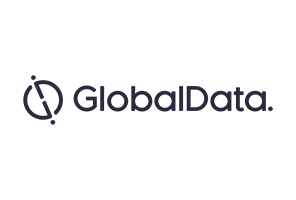Despite a lack of increases in federal funding for cancer research in the last decade in the US, fairly significant advances have been made in developing and bringing fairly safe and effective therapies to market. Many of these successes are a result of pharmaceutical discovery and development, often with the involvement of smaller biotech firms as acquisition targets through licensing deals of either drugs or technology.
However, initial preclinical research for many of the cancer drugs developed in collaboration or through acquisition was most likely was performed in academic labs, funded primarily by the National Cancer Institute (NCI) arm of the National Institutes of Health (NIH). The NCI is also involved in funding oncology clinical research, which is now at risk given the current climate for scientific and medical research funding in the US. In addition, reduced funding may not support the development of the innovative approaches that are most needed.
In the beginning of June, STAT News published an article noting a significant decrease of 75% in NIH funding of oncology clinical studies presented at the American Society for Clinical Oncology (ASCO) over the past decade. With the change in administration this past year, oncology clinical research funding is set to suffer additional setbacks due to President Trump’s proposal to cut the 2018 NIH budget by 22%. However, on June 27th, former US Vice-President Joseph Biden and his wife Dr. Jill Biden announced the launch of the Biden Cancer Initiative, which is intended to ensure the continuation and further development of some of the programmes begun under the original Cancer Moonshot programme initiated during the Obama administration.
The original programme proposed ten recommendations to enhance scientific and infrastructure support of cancer research, the majority of which were focused on the use of precision medicine to accelerate development of novel cancer cures. Several of these recommendations involved creation of networks including a National Cancer Data Ecosystem and the Genomic Data Commons to allow those involved in drug discovery and development as well as treatment of patients, to share and access large datasets.
Such networks could be of interest to stakeholders in both the public and private sectors, with the funding to build and maintain these databases originating from a variety of sources within those sectors. Diversifying funding in this way is a novel approach that not only would serve to more equitably share the burden of risk and cost, but through the creation of tools and support networks, provide researchers with the ability to pursue development of cutting edge, innovative therapies for cancer patients.

US Tariffs are shifting - will you react or anticipate?
Don’t let policy changes catch you off guard. Stay proactive with real-time data and expert analysis.
By GlobalData



